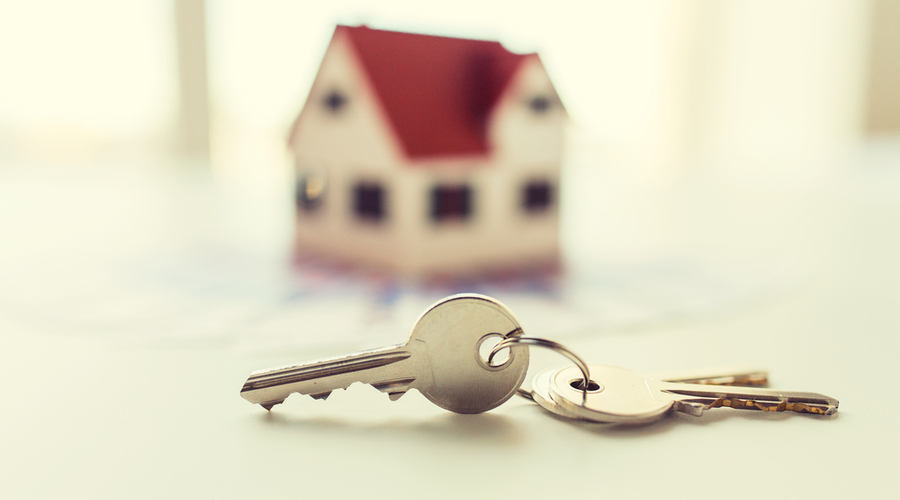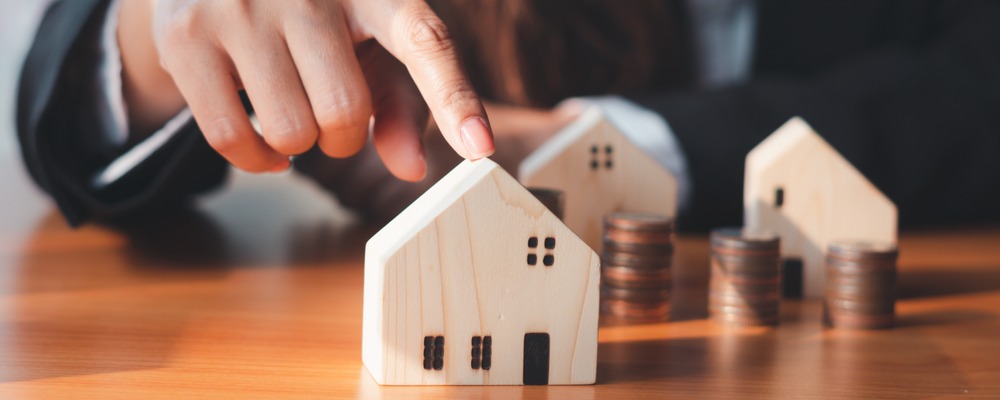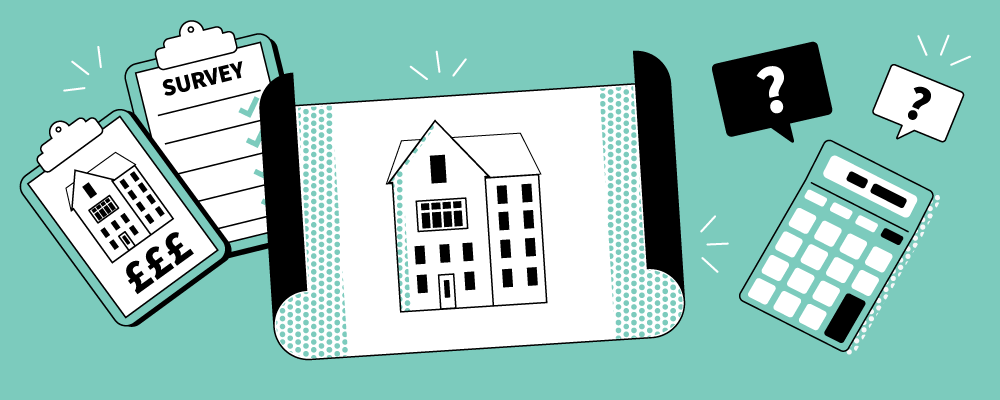
When it comes to working out how much it will cost to buy a new-build home in London, it can be easy for first time buyers in particular to focus on the single biggest expense – your mortgage. But there are other expenses you’ll need to consider.
From mortgage arrangement and conveyancing fees to Stamp Duty, we’ve shone a light on the key costs to help you figure out what you should budget for.
From mortgage arrangement and conveyancing fees to Stamp Duty, we’ve shone a light on the key costs to help you figure out what you should budget for.
The legal costs of buying a house
Below is a breakdown of the legal costs of buying a house:
| Item | Typical cost |
| Mortgage arrangement | £0 to £2,000 |
| Mortgage booking fee | £99 to £250 |
| Property valuation | £150 to £1,500 (but can vary depending on property value) |
| Mortgage broker fee | £0 to £500 |
| Surveyor | £200 to £600 for a RICS Home Survey Level 1 |
| Land registry fee | £200 to £300 |
| Legal/conveyancing | £850 to £1,500 |
| Stamp Duty | £0 if you’re a first time buyer and the property is under £300,000 |
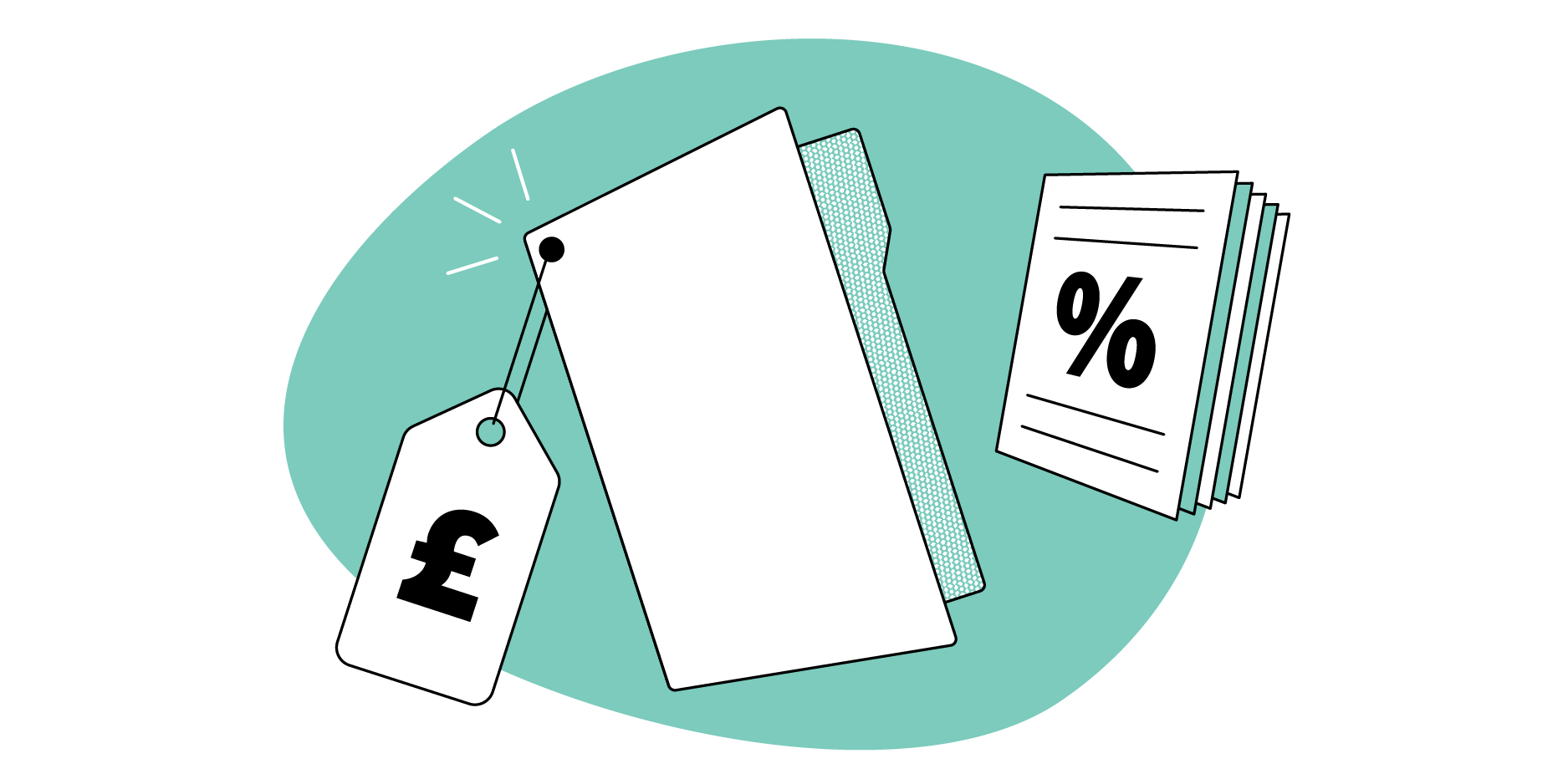
1. Mortgage arrangement fee
This fee will be paid to your mortgage provider. You can either pay:
• Upfront – This gets the payment out the way, but if anything goes wrong with your home purchase, you may lose the money.
• Include it as part of your mortgage – This may delay the payment, but you’ll pay interest on it for the entire loan term.
2. Mortgage booking fee
Booking fees are rare, but some lenders may still charge them to secure the mortgage at a fixed rate. They’re also known as ‘application’ or ‘reservation’ fees.
If you need to pay it, you’ll be charged as soon as you apply for a mortgage.
3. Property valuation fee
Your mortgage lender will charge this fee to ensure your house is worth what you’re paying. They do this to determine if the amount they’re lending you reflects the true value of the property. This is not a full structural valuation of your property, so it may not identify potential issues.
4. Mortgage broker fee
If you’re a first-time buyer, you may want to consider working with a mortgage broker – a specialist with in-depth knowledge of the market. They’ll help you find the best deal for your circumstances.
Almost all mortgage brokers receive a commission from lenders, so most will give you fee-free advice. However, some may charge for their services. This is either a fixed rate or a percentage of the amount you’re borrowing.
5. Surveyor’s fee
For your peace of mind, it’s a good idea to survey the property you want to buy to ensure its condition. This will reveal any structural issues, problems with plumbing or signs of damp. You can ask your lender to conduct the survey for you and add it to the cost of your mortgage. Alternatively, you can find a surveyor by visiting the Royal Institute of Chartered Surveyors (RICS) website.
The price depends on the type of survey. There are three types:
• Condition Survey (Level 1). A Level 1 Survey gives a general overview of the property’s conditions.
• Homebuyer Survey (Level 2). This highlights issues like damp and subsidence and identifies anything that doesn’t meet the building regulations.
• Building Survey (Level 3). This provides an in-depth inspection of the property's structure and conditions.
Learn more about house surveys in our comprehensive guide.
6. Conveyancing fee
This is the fee you’ll pay to your solicitor or conveyancer. It can be broken down into two parts:
• Legal fees – These cover your solicitor's time
• Disbursements – Any costs or expenses they incur during the process
7. Land Registry
When you buy a home, HM Land Registry will charge a fee to register you as the legal owner. The fee is linked to the price of your property. Your solicitor or conveyancer will usually arrange this payment for you and add it to your bill.
Remember to ask to pay the fee online, as it’s significantly cheaper than paying by post.
8. Stamp Duty
Stamp Duty is the tax charged by the government when you buy a home or a piece of land in England. If your home costs up to £125,000, you don’t need to pay it. Otherwise, the following rates apply:
| Purchase Price | Stamp Duty % |
| £0 to £125,000 |
0% |
| £125,001 to £250,000 |
2% |
| £250,001 - £925,000 | 5% |
| £925,001 to £1,500,000 |
10% |
| Over £1,500,001 |
12% |
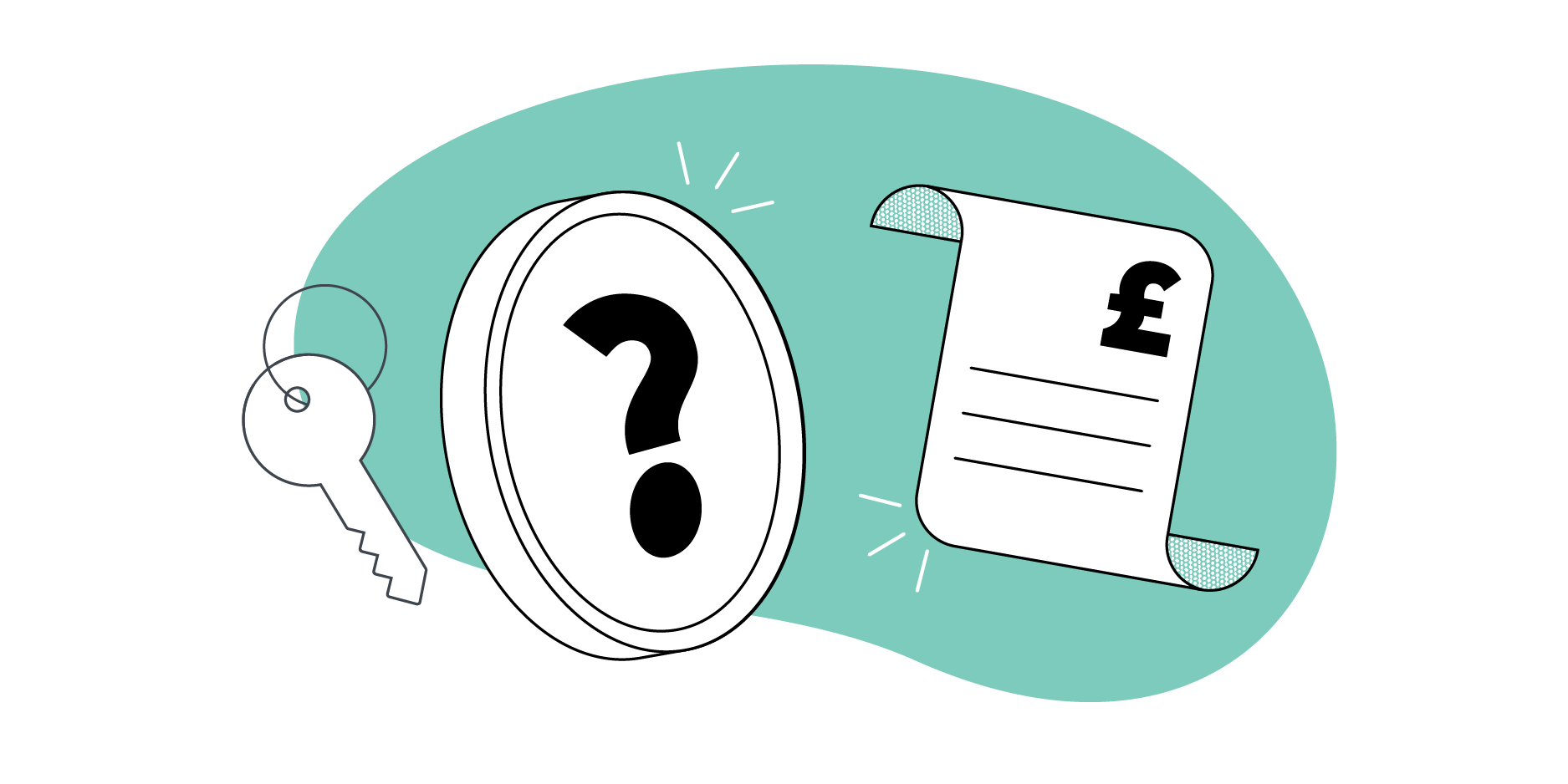
Schemes to help you move
Explore unique low-deposit schemes to help you move.
Deposit Unlock
If you’re a first-time buyer, Deposit Unlock lets you buy with just a 5% deposit, so you can get a 95% mortgage. It’s available on selected new build homes.
Deposit Boost
If you have a 5% deposit, we can boost it with a further 5% of the sale price, giving you a 10% deposit. This way, you can borrow less and could secure a more competitive mortgage deal.
Bank of Family
If your parents want to help you buy your new home, we can match their contribution up to a maximum of 5% of the purchase price. You’ll also receive an extra 1% towards your flooring.
